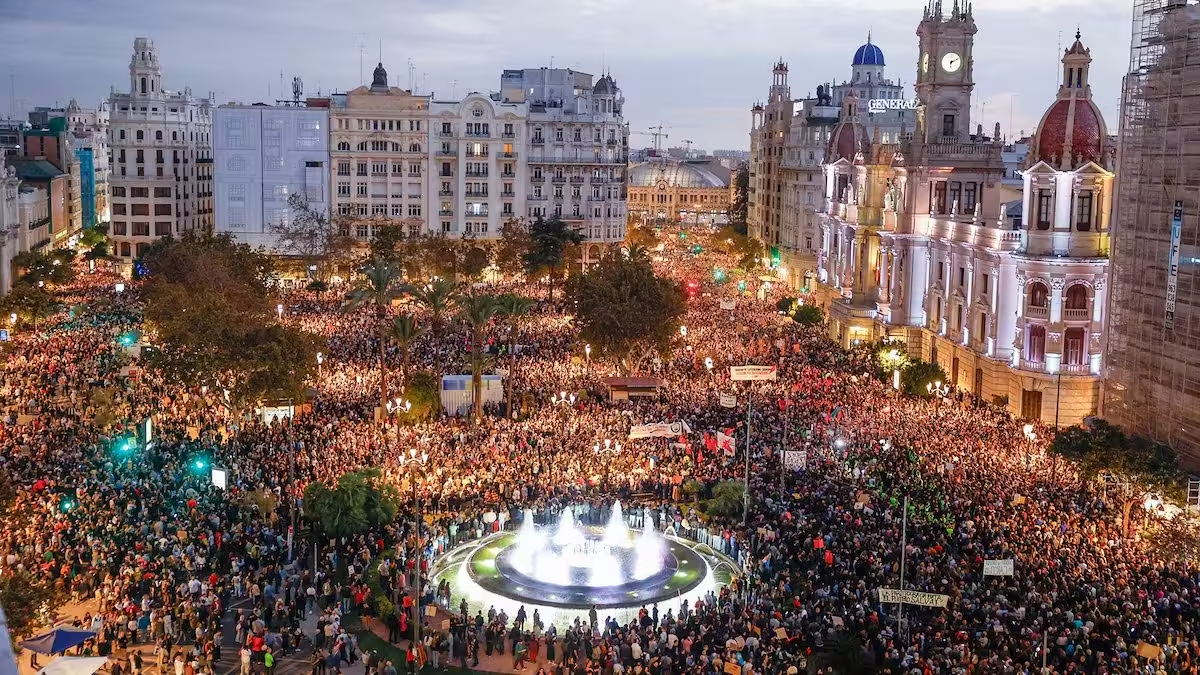Spain Submits Ambitious Climate Plan to Brussels
Spain is preparing to send an updated climate plan to the European Commission on Tuesday, September 23, aiming for a remarkable 81% of its electricity to come from renewable sources by 2030. This ambitious plan, known as the National Integrated Energy and Climate Plan (PNIEC), sets stricter targets to reduce greenhouse gas emissions by 32% compared to 1990 levels.
A Key Role for Renewable Energy
The updated PNIEC emphasizes that renewable energy will be essential for achieving these goals. Solar energy, in particular, is expected to take center stage. The plan forecasts that solar power will contribute to a 53% reduction in emissions from electricity generation. Currently, over 50% of Spain’s electricity comes from clean technologies, and the updated plan aims to boost this figure significantly.
The commitment to renewable energy is not just about reducing emissions; it’s also about transitioning away from fossil fuels. The PNIEC outlines strategies to decrease fossil fuel use across three key areas: transportation, electricity generation, and heating/cooling.
Progress and Challenges Ahead
While the updated plan is promising, Spain is approximately three months behind schedule in submitting it, having missed the June 30 deadline set for EU member states. The original PNIEC, introduced in 2020, aimed for a 23% reduction in emissions. The new plan raises this target to 32%, reflecting the government’s increased urgency in addressing climate change.
However, experts warn of significant challenges, particularly in the transport sector, where progress has lagged behind that of electricity generation. The previous plan estimated that by 2030, there would be five million electric vehicles in Spain; the updated version raises this estimate to 5.5 million. Achieving this goal will require substantial investment in charging infrastructure and public awareness.
Decreasing Dependence on Fossil Fuels
Increasing the share of renewable energy will also help reduce Spain‘s dependence on foreign fossil fuels. Currently, about 70% of the country’s energy comes from imported sources. The updated PNIEC aims to cut this dependency down to 50% by 2030. Additionally, the plan forecasts the complete phase-out of coal by 2025, as it now accounts for less than 1% of Spain’s electricity generation.
The Road Ahead
The updated PNIEC has received initial approval from the European Commission, but successful implementation will be crucial. Recent analyses highlight that while Spain has made strides in renewable energy within the electricity sector, delays in electrifying transportation could hinder progress toward climate goals. Luis Rey from the Basque Centre for Climate Change noted, ‘We need to accelerate our efforts and shift into a higher gear’ to ensure the success of these ambitious targets.
To see more information and the complete plan click here
Let us know what you think in the comments…
Thank you so much for your support! Reach out to us on Facebook and Instagram
For those interested in relocating to Spain we have created a Facebook Group How to Move to Spain to help you throughout the process. We will provide helpful free printables to keep you on track, online events to inform and support your journey, and above all create a community where you can ask questions and get advice. Please feel free to join!
Share this content:




1 comment